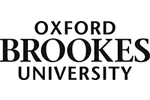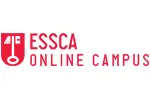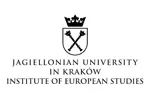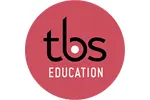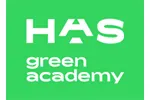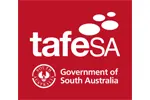History
The university was founded in 1865 and is located in Oxford, England. Oxford Brookes University is a premier learning and teaching institution that is widely acknowledged as the UK's leading modern university. The university has been rated excellent in more subjects than any other modern university by the UK government and their strong reputation helps them to recruit high-quality staff and lecturers.
Oxford Brookes University is situated 50 miles from London in the beautiful city of Oxford. As one of the world's great student cities, Oxford is a great place to live and study as it is big enough to offer something for people of all interests, yet small enough to feel welcoming and accessible.
Oxford is famous for its architecture, rowing, punting and scenic riverside walks. With its world renowned cultural heritage, Oxford is filled with theatres, live music venues, museums and art galleries. The city is also bursting with restaurants, cafés, bars, cinemas and shops. If you want to visit London it's only one hour away by train and there are also cheap, frequent buses to and from the capital, and Heathrow and Gatwick airports, which run 24 hours a day.
International Applications
With nearly 19,000 students enrolled on a wide range of disciplines across the three main campuses, Oxford Brookes is a vibrant and exciting place to study a foundation, undergraduate or postgraduate degree. International students form 17% of the student population and come from over 140 different countries worldwide.
Applications to Oxford Brookes University must be made either online via the UCAS service or via their online application form. Entry requirements to courses may vary and English Language proficiency will also be considered upon application.
The university's International Student's Advisory Service (ISAS) can help with a range of issues including visas, employment and other financial matters. The team also organises an extensive welcome programme as well as numerous social events to help you adjust to living in the UK.
Subject Areas
Oxford Brookes University has excellent links with industry and their courses are designed with real life skills in mind. More than 60 of their courses include work placements in all sorts of organisations, which is why Oxford Brookes graduates have proved to be so successful in the job market.
The university is split up into four academic faculties, which are further broken down into departments. Below you can see the University's academic structure:
OXFORD BROOKES BUSINESS SCHOOL
- Oxford Brookes Business School
- Oxford School of Hospitality Management
FACULTY OF HEALTH AND LIFE SCIENCES
- Department of Biological and Medical Sciences
- Department of Psychology, Health and Professional Development
- Department of Sport, Health Sciences and Social Work
- Oxford School of Nursing and Midwifery
FACULTY OF HUMANITIES AND SOCIAL SCIENCES
- School of Education
- Department of English and Modern Languages
- School of History, Philosophy and Culture
- School of Law
- Institute of Public Care
- Department of Social Sciences
FACULTY OF TECHNOLOGY, DESIGN AND ENVIRONMENT
- School of Architecture
- School of Arts
- School of the Built Environment
- School of Engineering, Computing and Mathematics


